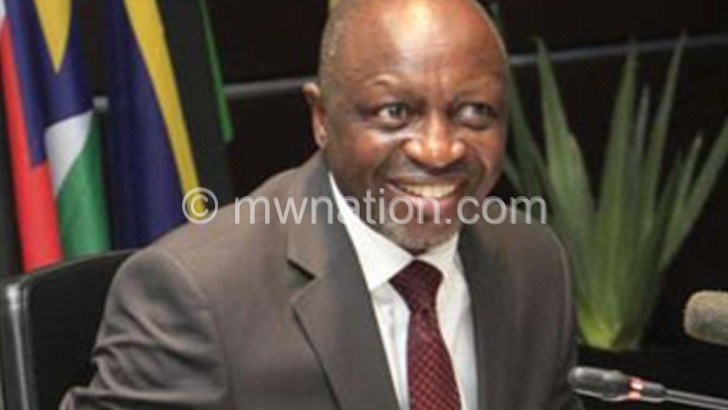Pan African Parliament lobbies Malawi on protocol
The Pan-African Parliament (PAP) has asked the Malawi Government to ratify the 2014 Malabo Protocol which extended the mandate of the body to making laws. So far, only six countries have ratified it.
PAP is one of the nine organs of the African Union (AU) with the mandate to promote economic and social integration through making laws, but it does not have the mandate of a legislative institution. Currently, its mandate extends to consultation, and playing an advisory and oversight role for all AU organs.

The Malabo Protocol was adopted in 2014 and requires about 28 countries to sign it before it comes into force, but only Chad, Togo, Sierra Leone, The Gambia and Mali have ratified it so far.
Speaking in an interview on Tuesday, Clerk of the Pan-African Parliament Vipya Harawa said they had a three-day mission to Malawi to, among other things, seek the country’s support through the ministers of Justice and Constitutional Affairs and Foreign Affairs and International Cooperation to facilitate ratification of the protocol.
The mission also met the Clerk of the Malawi Parliament Fiona Kalemba to strengthen relationship with Malawi and find a more structured way of working together such as exchange programmes.
“The Parliament is lobbying for a speedy ratification because at the moment, we feel very handicapped. We can only come up with model laws which are not binding on the member countries,” Harawa said.
Among the model laws which the PAP has developed are on access to information and a single border transport. They are also working on a curricula to promote an integrated approach to standards of roads infrastructure on the continent and on policing.
“But the uptake of model laws is very minimal because it is a phenomenon that did not start long ago. But it is too early to assess whether progress has been positive. It is too early because of the non-binding nature of model laws so it may not act as cohesive,” noted Harawa, a Malawian national.
He said the nations would be best-placed to explain their hesitancy to ratify the Malabo Protocol, but the PAP’s analysis was that the countries wanted to build a consensus between the role of PAP and their own Parliaments.
Minister of Foreign Affairs and International Cooperation Emmanuel Fabiano confirmed meeting with PAP officials.
“They told me they sent the documents two years ago, but I have asked them to send again and only then can we act on them,” he said.
Fabiano could, however, not explain why Malawi has not ratified the protocol yet.
Minister of Justice Samuel Tembenu also confirmed that PAP sought their support in ratifying the protocol or take measures to ratify it urgently.
President Peter Mutharika has previously opened a session of PAP while First Lady Gertrude Mutharika, a former member of the Parliament, is a goodwill ambassador.
PAP president Roger Nkodo-Dang is due to visit Malawi for the third time in January next year.
As PAP waits to be granted the full mandate of a continental Parliament like the EU Parliament, its functions and mandate extend to election observation, promotion of ratification of other AU charters, among others. n





